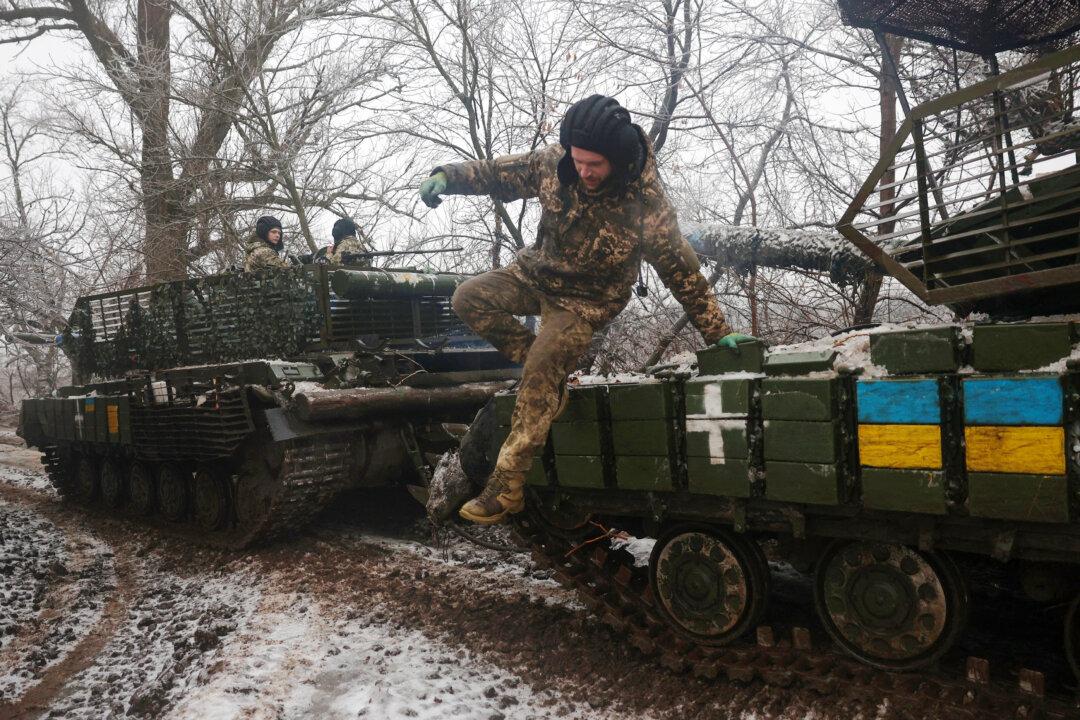Russia has announced the capture of a second village in the eastern Donetsk region—in as many days—but officials in Kyiv insist that the fighting continues.
“We are not going to move anywhere but forward,” Yevhen Shmataliuk, commander of a Ukrainian assault brigade, said in an April 22 interview.





